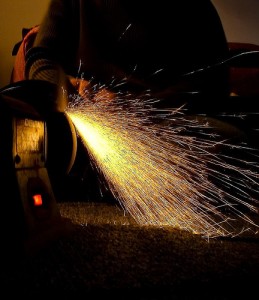 Work implies producing a displacement of something in the real world. Every displacement generates a friction that needs to be managed.
Work implies producing a displacement of something in the real world. Every displacement generates a friction that needs to be managed.
When two people are doing something in a working environment and one of them produces work and the other is inactive, the friction produced is extremely destructive.
It produces a paradoxical situation because:
1) There is an extreme conflict if the friction is not eliminated.
2) If the parts are “lubricated”, there will be no friction but the person who is inactive will continue doing nothing.
3) The inactive person needs to judge what the other part is doing because that judgment sustains her/his self-esteem.
4) Finally, the one who does the work ends up being judged by the one who cannot do it and the conflict escalates to the maximal level.
Apparent movement is worse than inaction
Inaction appears often hidden behind apparent actions that are done without having assumed the responsibility for producing results. These apparent actions are based on fallacious decisions that produce negative results because they generate costs without adding value.
In this case they do not produce friction; they directly produce an “explosion” of the situation or an “implosion” of the actions.
If this conflict is not faced the natural trend towards minimum energy consumption (*) and inaction will prevail, eliminating both apparent actions and real actions.
To deal with this problem the nature of doers has to be understood in order to avoid their quitting. Access a free e-book on the Nature of Doers from the UCU Weston’s Library, click here to download it.
(*) In a closed system, with constant external parameters and entropy, the internal energy will decrease and approach a minimum value at equilibrium.